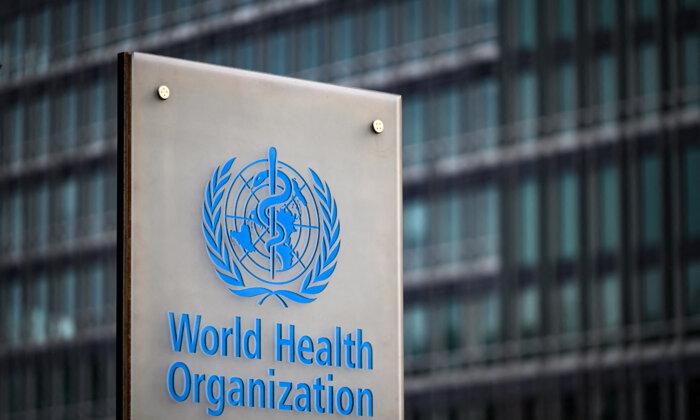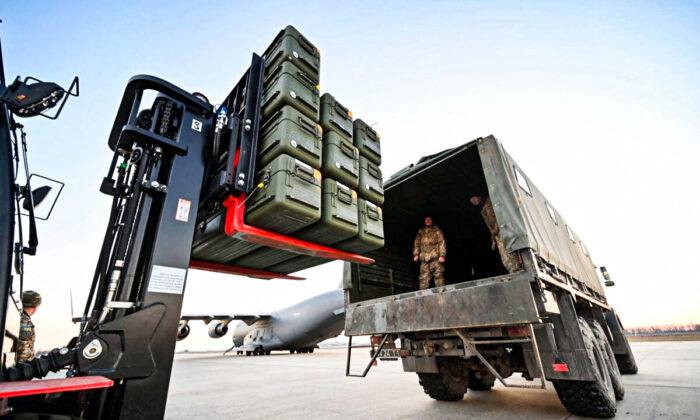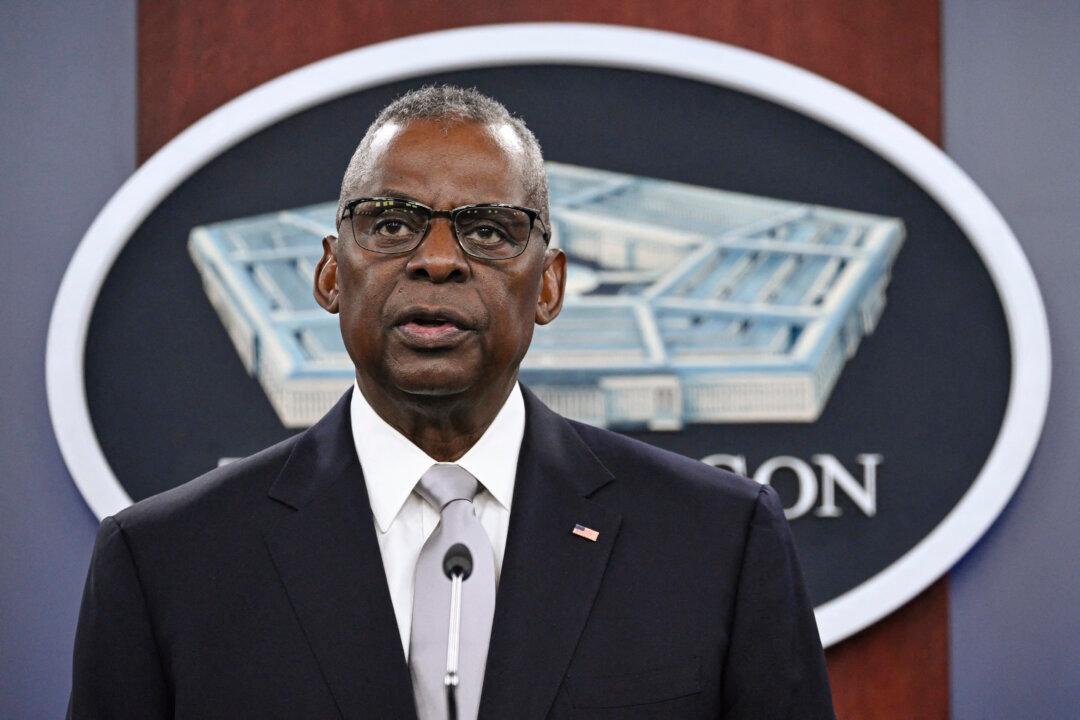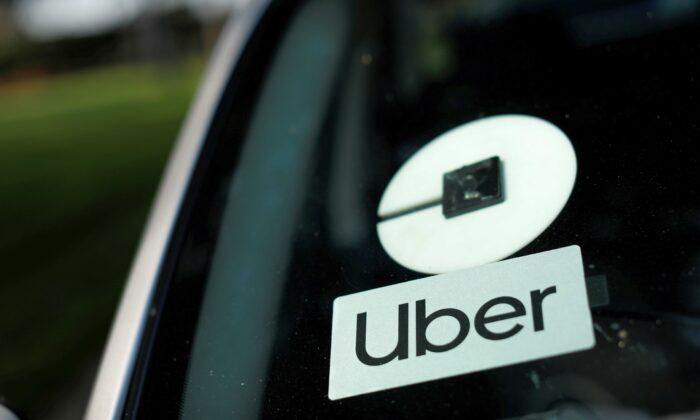Israel has agreed to area-specific humanitarian pauses in its military operations in Gaza to allow polio vaccination campaigns to occur, a senior official at the World Health Organization (WHO) said on Thursday.
The pauses will start on Sept. 1 from 6 a.m. to 3 p.m. local time to allow polio vaccination campaigns in central Gaza, lasting at least three days, followed by another three-day pause in the south and north.
“I’m not going to say this is the ideal way forward, but this is a workable way forward. Not doing anything would be really bad. We have to stop this transmission in Gaza,” Peeperkorn said in a virtual press briefing.
Peeperkorn said the three-day periods might not be enough time to achieve adequate vaccination because of some difficulties such as damaged roads and infrastructure and population displacement. But the parties have reached an agreement to extend the pauses if necessary.
The agency aims to vaccinate more than 640,000 children under the age of 10 in the enclave. There will be two rounds of the vaccination campaign, with the two doses administered four weeks apart.
Peeperkorn said that 90 percent of those children will need to be vaccinated against polio during each round to stop the outbreak in the enclave and prevent the international spread of the virus.
More than 1.26 million doses of polio vaccines and 500 vaccine carriers have been delivered to Gaza so far, with an additional 400,000 vaccines expected to arrive soon, Peeperkorn said.
Gaza Confirms First Polio Case
The Palestinian Ministry of Health announced on Aug. 17 the detection of the first case of polio in 25 years in Gaza, which involved a 10-month-old baby.He warned that delaying a humanitarian pause would increase the risk of spread among children in the enclave.
“It is not enough to bring the vaccines into Gaza + protect the cold chain. To have an impact, the vaccines must end up in the mouths of every child under the age of 10,” Lazzarini stated.
Poliovirus was detected in July in wastewater samples collected from Gaza’s Deir al-Balah and Khan Younis, at which hundreds of thousands of displaced Palestinian civilians have sought shelter.
Polio is a highly infectious viral disease that spreads through the fecal-oral route or through contaminated water or food. It mainly affects children under the age of 5 and can cause total paralysis within hours of infection, according to the WHO.
Symptoms of polio may include fever, fatigue, headache, vomiting, neck stiffness, and pain in the limbs. The WHO said that one in 200 infections results in irreversible paralysis, usually in the legs, and that this condition can be fatal when the breathing muscles become immobilized.







